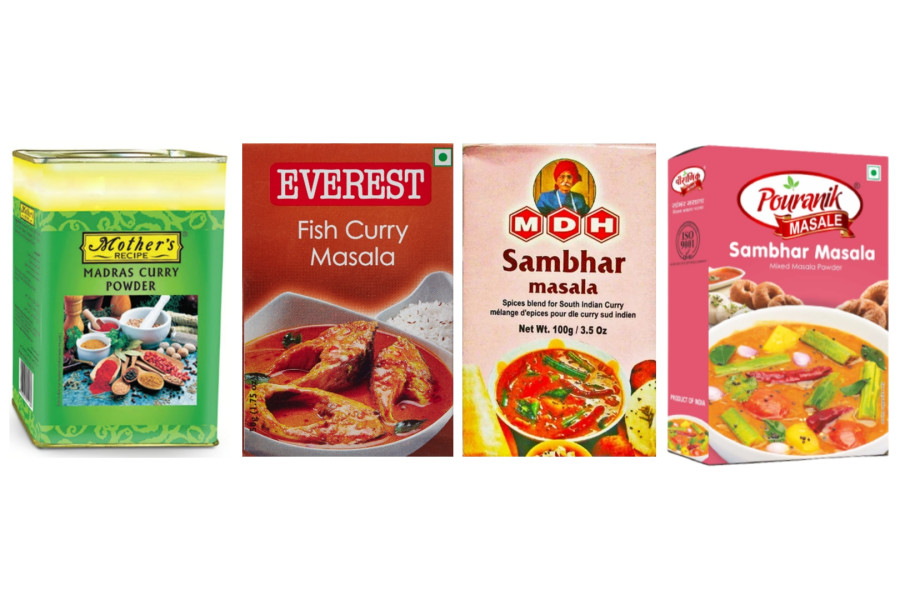National
Nepal to test Indian spice brands for pesticides after Hong Kong, Singapore ban
Consumer rights activists demand immediate recall of the tainted products.
Arjun Poudel
After Hong Kong and Singapore banned the sale of Indian spice brands MDH and Everest Masala, Nepal’s food regulatory body, the Department of Food Technology and Quality Control, has said it will test samples of the said products.
The two islands banned the sale of the products this month after allegedly detecting the carcinogenic pesticide ethylene oxide beyond permissible levels in the spice mixes.
“We will test [the products] to determine the level of pesticides they contain,” said Dr Matina Joshi Vaidhya, director general at the department. “Necessary action will be taken if the said products exceed acceptable pesticide limits.”
The food regulatory agency of Hong Kong had allegedly found that three MDH products—Madras Curry Powder, Sambhar Masala Mixed Masala Powder, Curry Powder Mix Masala Powder—and Everest’s Fish Curry Masala contained the pesticide ethylene oxide, which is classified as a Group 1 carcinogen by the International Agency for Research on Cancer.
The Singapore Food Agency has also ordered Everest’s Fish Curry Masala be recalled from the market as it contains the same pesticide, which is prohibited for use in food, beyond acceptable limits.
MDH is an Indian spice producer and seller based in New Delhi. Everest Food Products Pvt Ltd (Everest Spices) is an Indian manufacturer, distributor and exporter of ground species and spice mixtures.
Experts say the presence of ethylene oxide, which is a flammable colourless gas with a sweet odour, in the spices, is quite concerning, as varieties of the products of both the companies are easily available in Nepal and are popular among the people.
Ethylene oxide is used primarily to produce other chemicals, including antifreeze. In smaller amounts, ethylene oxide is used as a pesticide and sterilising agent.
Lymphoma and Leukaemia are the cancers most frequently associated with occupational exposure to ethylene oxide. Stomach and breast cancers may also be lined with ethylene oxide exposure.
Vaidhya said countries have their own acceptable limits of pesticide use and if the said products are found crossing limits set by the department, it will direct authorities concerned to recall the products from the market.
Consumer rights activists say that authorities concerned must take urgent action as the issue is related to public health.
“As the products that were found to be hazardous to public health in Hong Kong and Singapore are widely available in Nepal too, it would be irresponsible to wait for a test report to prohibit their use,” Jyoti Baniya, chairman of the Forum for Protection of Consumer Rights, said.
“A public notice should immediately be issued to prevent the sale of the products and to recall them from the market,” Baniya added. “It will be too late to wait for the report—we should not forget that this is directly linked to public health.”




 8.54°C Kathmandu
8.54°C Kathmandu















